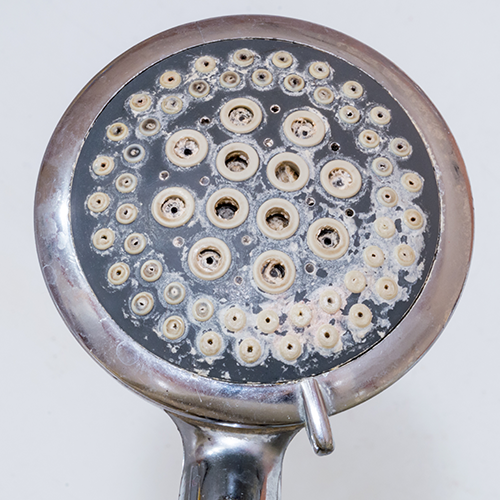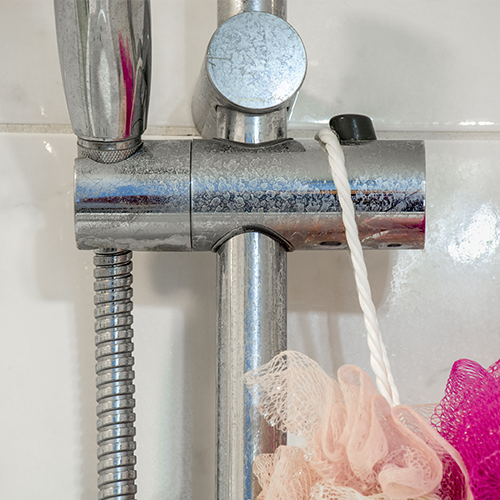CALL TODAY 1-800-441-6281
CALL TODAY 1-800-441-6281

WATER TREATMENT
RESIDENTIAL WATER TREATMENT AND FILTRATION
Test and Solve Water Contamination Problems
When treating city or well water the goal is usually to eliminate odors, staining, sediment or potentially harmful contaminants. Here are some of the common complaints we hear when customers call us about a problem with their water quality:
Whether you have an existing water treatment system or need a new one, our staff can recommend the service or system that will meet your water needs. We begin with a series of on-site tests for minerals in your water. If health related contaminants, such as arsenic and radon, are a concern to you, we take a water sample to a state certified laboratory for proper measurement. This allows us to size a system according to the level found by the laboratory so we can ensure these contaminants are reduced and in some cases eliminated.
We also offer the following well maintenance and water treatment services:
Preventative maintenance on your well and water system
Yearly maintenance reminders
Filter cartridge shipments from our online store
TYPES OF WATER FILTRATION SYSTEMS
Water treatment systems are designed to address specific water quality issues. A water test is required to know what systems will solve a given water quality problem. Contact the well water professionals at Skillings & Sons to discuss your concerns, schedule a water test and review your water treatment options. The following is a list of some of the common water treatment systems available today.
ION EXCHANGE OR WATER SOFTENERS
Water softeners are point-of-entry systems that remove calcium and magnesium, which cause hard water, as well as radium and barium and additional contaminants. Water softeners are affordable, and efficient.
GRANULATED ACTIVATED CARBON
Granulated activated carbon filtration can be used as a point-of-use [at the sink] and point-of-entry [whole house] systems. Water passes through a carbon filter which removes organic contaminants, metals like lead and copper, chlorine, pesticides and other contaminants. Granulated activated carbon requires filters must be regularly changed.
REVERSE OSMOSIS
Reverse osmosis water treatment systems are often used as point-of-use filtration for cooking and drinking only. Reverse osmosis systems remove nitrates, sodium, other dissolved inorganic and organic compounds. They are an excellent choice if you have taste, smell or color issues. Testing is crucial. Reverse osmosis filters do not remove all compounds.
NEUTRALIZER
Acidic water can be harmfully corrosive to your entire plumbing system. This results in blue/green staining on fixtures and piping. This condition can often be treated with an acid neutralizing filter. The bed of calcite media depletes over time and on average requires replenishing once a year.





